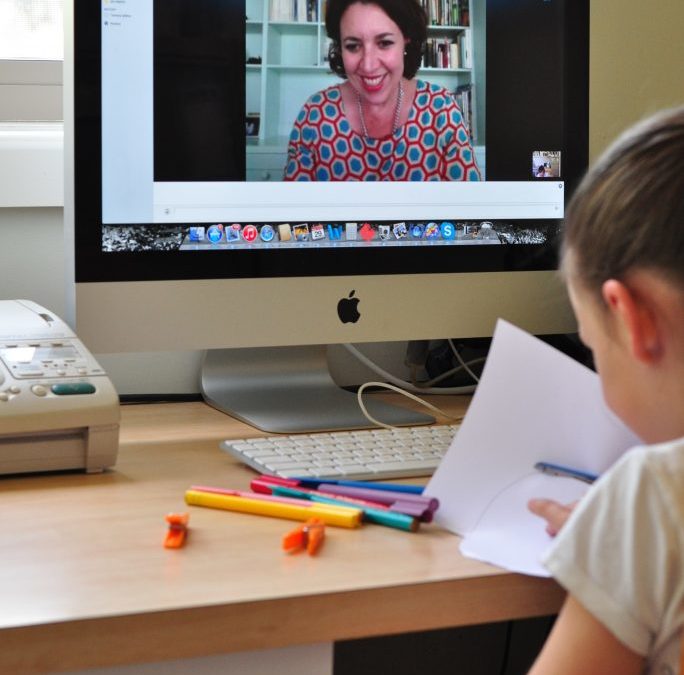As a dietitian who works with adults with chronic health conditions and psycho-social disabilities, I have seen firsthand the incredible impact a healthy diet can have on a person’s overall wellbeing, including their mood. While many people may think of diet in terms of physical health and weight management, the truth is that what you eat can also play a significant role in your mental and emotional health.
There are several ways in which your diet can affect your mood:
- Gut health: You’ve probably heard that your gut is your second brain, so it is not surprising to hear that when your gut bacteria is not balanced, research has shown it can contribute to low mood, depression and anxiety. Eating a diet that supports a healthy gut microbiome can help improve your mood.
- Nutrient deficiencies: When your body lacks essential vitamins and minerals, it can negatively impact your mood. For example, research has shown that low levels of vitamin D, omega-3 fatty acids, and B vitamins can all contribute to depression and anxiety.
- Blood sugar imbalances: Ever notice that after eating highly processed foods, you feel an energy spike but then a slump in energy a while later? That’s because eating foods high in refined carbohydrates and sugar can cause a spike in blood sugar levels, followed by a crash. This can lead to mood swings, fatigue, and irritability.
So, what can you eat to improve your mood? Here are some tips:
Avoid processed foods:
Processed foods are often high in sugar, refined carbohydrates, and unhealthy fats, which can contribute to nutrient imbalances and mood swings.
Eat more whole, nutrient-dense foods:
This means eating plenty of fruits and vegetables, whole grains, lean protein sources, and healthy fats. Why? Because these foods are packed with vitamins, minerals, and antioxidants that can help support a healthy mood.
Regular eating:
Skipping meals or going too long without eating can cause blood sugar imbalances and lead to mood swings. Talk to your dietitian about this to work out the eating pattern that is right for you. Eating a balance of protein, healthy fats, and carbohydrates at each meal, every 3-4 hours can support you with building a healthy body and mind.
Include probiotic-rich foods:
Probiotics are beneficial bacteria that can help support a healthy gut microbiome. Foods like natural or greek yogurt, kefir, sauerkraut, and kimchi are excellent for supporting a healthy gut.
Hydrate, hydrate, hydrate:
When you’re feeling low, your first step to improving your mood could be as simple as drinking water! Dehydration can cause fatigue and mood swings. Aim to drink at least 8 glasses of water a day, that’s about 2 litres of water. I like to keep my water bottle nearby at all times to remind me to keep drinking.
In addition to these tips, it’s also important to pay attention to how food makes you feel because every person is unique. I ask my clients to keep a food diary to track how different foods affect their mood and energy levels and make adjustments accordingly. And remember, a healthy diet is just one part of a healthy lifestyle that includes regular activity, stress management, and social connection.
So what you eat can have a big impact on your mood and overall mental health. By focusing on whole, nutrient-dense foods, avoiding processed foods, and supporting a healthy gut microbiome, you can improve your mood and well-being. If you have a chronic health condition or psycho-social disability, working with a dietitian can help you develop a personalised nutrition plan that supports your unique needs and goals.
Contact us today to set up an appointment with one our highly experienced dietitians. Therapy Connect is an NDIS registered organisation and our online therapy dietetics services are 100% NDIS funded.
Author: Grace Field, Dietitian, Therapy Connect




